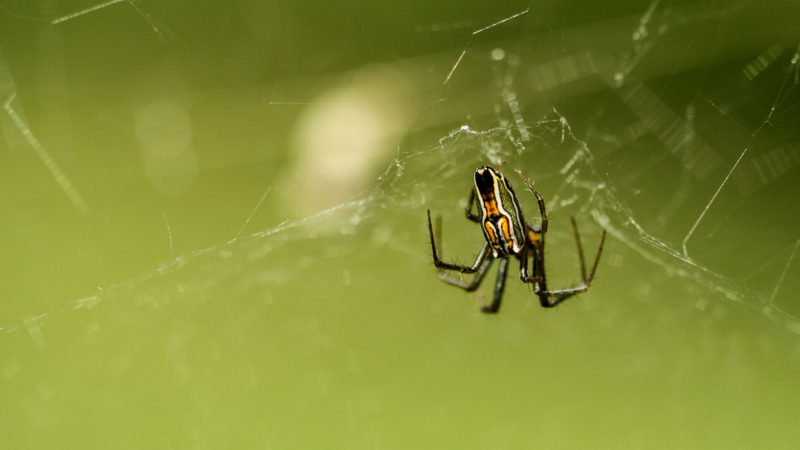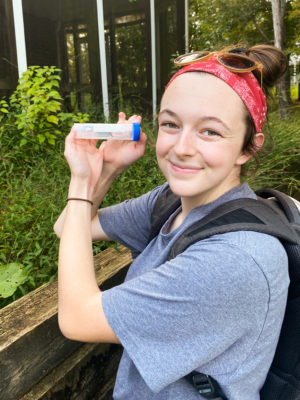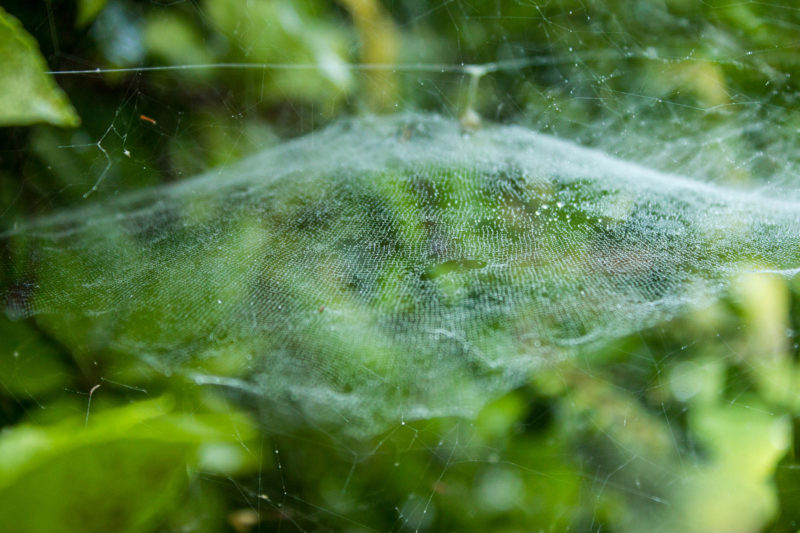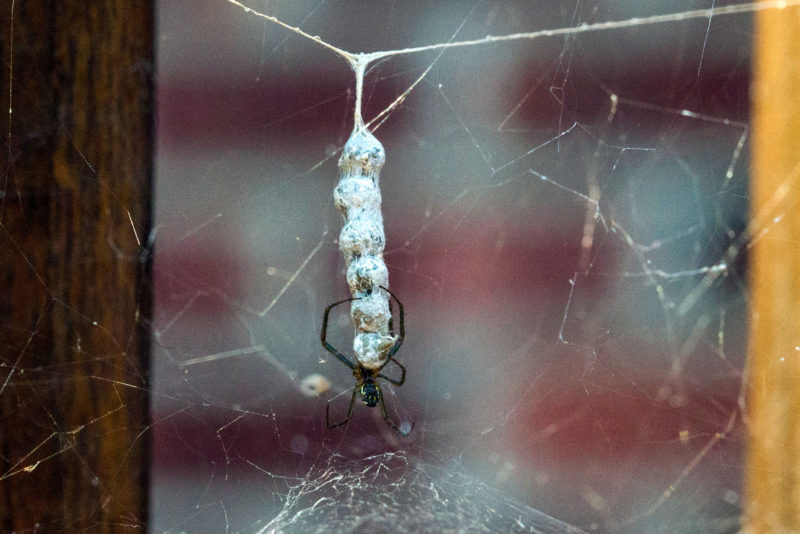
When she first came to the University of Lynchburg, Kassidy McCall ’22 planned to major in exercise physiology with the goal of becoming an athletic trainer. What she really wanted to be, however, was a veterinarian.
“I have wanted to be a vet since I was very little,” said McCall, who came to Lynchburg from Stafford, Virginia. “For a few years, I was pursuing an education in athletic training because I was afraid to try and go to vet school.”
All of that changed one day after a conversation with her Westover Honors advisor, the late Dr. Nancy Cowden. “Dr. Cowden and I were talking one day and she really made me believe I could be a vet and should try to live out my childhood dream if I still wanted to,” McCall said. “I switched my major to biology shortly afterward.”

McCall now plans to go to veterinary school after graduating from Lynchburg in May. She wants to be a large animal veterinarian, which means she’ll work in agricultural settings with cows, horses, and other four-legged farm animals.
For the time being, though, she’s focused on eight-legged creatures — in particular, basilica orbweaver spiders. The brightly colored arachnids, which are green, yellow, and orange and resemble the panes of a stained glass window, have been described as a “feast for the eyes.”
“They get their name from their unique dome-shaped web that resembles the top of a Roman basilica,” McCall said, adding that she was introduced to the species by her Westover Honors thesis director, Dr. Kari Benson.
“When I met with her last spring to talk about possible thesis topics, she informed me that she would be focusing [her research] on spiders. They were definitely not the animal I had in mind originally, but I enjoy working with any type of animal.
“After talking with her about the possible directions I could go if I chose to work with her and spiders, I became very interested in looking at coloniality in a spider species, since they are typically solitary.”
Basilica orbweavers are “colonial” spiders, meaning they live in colonies or groups. More specifically, the spiders McCall is studying live in Benson’s yard, in nearby Bedford County, Virginia.
“I was intrigued to find a colonial web species in my yard,” Benson, a biology professor, said. “Much of the work on coloniality in spiders has been restricted to the tropics, but often in a closely related species. I consider this work with Kassidy to be pilot work for further inquiry into these beautiful little gems.”

McCall’s research is focused on whether or not basilica orbweavers construct their colonies based on any sort of hierarchy. “An example of a hierarchy would be that the larger spiders are at the top of the colony, which is what a similar study found for a colonial spider species in the neotropics,” she said.
“To do this, I collected data on the colonies, as well as data on each spider in the colony. I will be analyzing my data to see if there are any relationships between a spider’s individual characteristics, such as body length, number of egg sacs, or individual web size, and the number of other spiders’ webs they are directly connected to.
“The results of this study should give insight on whether this species has a hierarchical system for constructing their colonies, and if so, which spiders get which positions. Additionally, the data I have collected can be used to learn more about the baseline natural history of the species, since that information has not been well studied.”
McCall has collected data from five colonies, 38 total spiders. To do this, she had to get up close and personal. “I did have to handle them,” she said, “but I managed to do it in a way where I did not really have to touch them very often.
“I would capture them in a small vial and then do my measurements on them and their web before releasing them back into their webs. It made me a bit nervous to have to catch them at first, not because I was afraid but because I didn’t want to hurt them. They are very small and quick and it was definitely a challenge.”

In addition to Benson, McCall has worked with a number of faculty members on her thesis project, including Dr. Jennifer Styrsky, assistant professor in the Westover Honors College and the School of Sciences; Dr. Price Blair, associate professor of physical therapy and assistant director of Westover Honors; and Dr. Priscilla Gannicott, professor of chemistry.
“Dr. Benson acts as an advisor for my research. She has been a huge help in coming up with a plan for data collections, helping me narrow down my topic to a specific question, and helping me with analyzing my data,” McCall said.
“Since this species has not been well studied and Dr. Benson has not worked with them before, we had to start from scratch. We are hoping that the results of my study will allow her and future students to dive even deeper into researching this species.
“She has also been giving me feedback on the written aspect of my thesis. My other [thesis] committee members provide feedback and suggestions as well. I have really enjoyed working with all of them. They are all very supportive.”
Even though McCall will be working with a much larger species as a veterinarian, she’s confident that what she’s learning through her thesis research will be useful long after she’s released the last colorful basilica orbweaver back to its dome-shaped web.
“My research has given me experience with experimental design, methods of data analysis, and scientific writing,” she said. “These skills will definitely benefit me throughout veterinary school, as well as in the field of veterinary medicine itself.”

